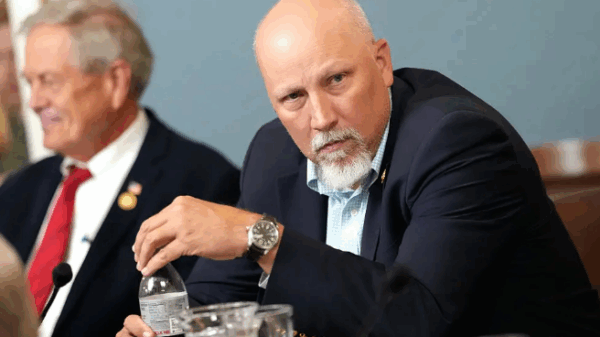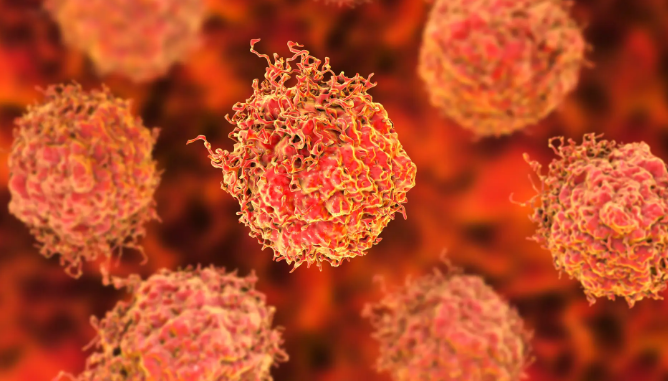Former U.S. President Joe Biden has been diagnosed with an aggressive form of prostate cancer, his office confirmed in a statement released Sunday. The 82-year-old was found to have cancer following a medical examination on May 16 prompted by worsening urinary symptoms.
Doctors described the cancer as having a Gleason score of 9 — indicating a high-grade, fast-growing form of the disease — with signs of metastasis to the bone. Despite the seriousness of the diagnosis, Biden’s team noted the cancer appears to be hormone-sensitive, which allows for a broader range of treatment options.
“This represents a more aggressive form of the disease,” the statement read. “However, the cancer appears to be hormone-sensitive, which allows for effective management.” Biden and his family are currently evaluating potential treatment paths, which may include hormone therapy, radiation, or chemotherapy.
This is not the first health scare for the former president. Biden had a basal cell carcinoma — a common type of skin cancer — removed in 2023, and survived a life-threatening brain aneurysm in the late 1980s. His son Beau Biden died from brain cancer in 2015, a loss that Biden has frequently cited as a defining moment in his personal and political life.
Prostate cancer is one of the most common cancers among older men, particularly those over the age of 65. According to the National Cancer Institute, one in eight men in the U.S. will be diagnosed with the disease in their lifetime. The Gleason score, which assesses the aggressiveness of prostate cancer based on microscopic analysis, ranges from 6 to 10. A score of 9, like Biden’s, places it in the highest risk category for rapid growth and spread.
While the stage of Biden’s cancer was not specified, metastasis to the bone typically suggests an advanced stage, likely Stage IV. However, doctors emphasize that even at this stage, prostate cancer can often be managed effectively, especially when hormone-sensitive.
Hormone therapy, one of the likely treatment options, aims to reduce levels of male hormones that can fuel cancer growth. This approach can significantly slow disease progression and improve quality of life.
Prostate cancer has a five-year survival rate of nearly 98%, but that figure varies significantly based on the stage at diagnosis. The National Cancer Institute projects that in 2025, over 313,000 men in the U.S. will be diagnosed with prostate cancer, accounting for over 15% of new cancer cases.
Biden’s diagnosis has prompted an outpouring of public support, with many noting his resilience through past health challenges. As the former president considers his next steps, the announcement has also sparked renewed discussion about aging, leadership, and healthcare for older Americans.









































